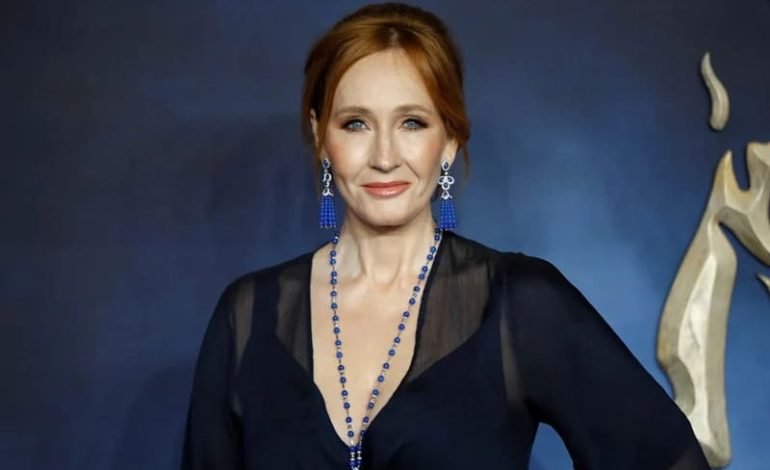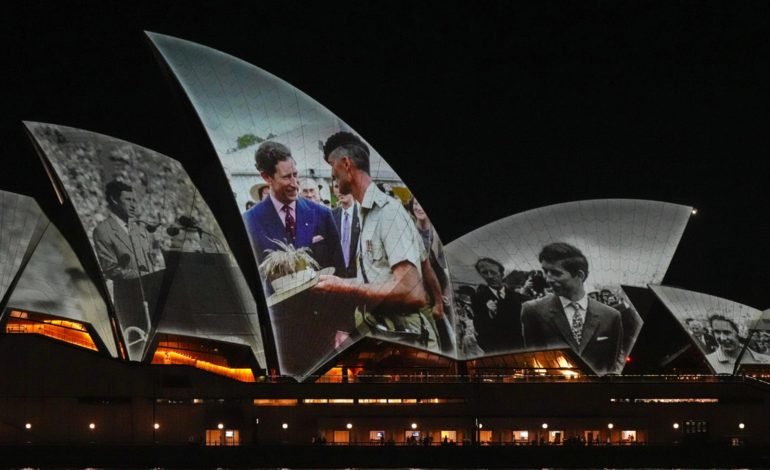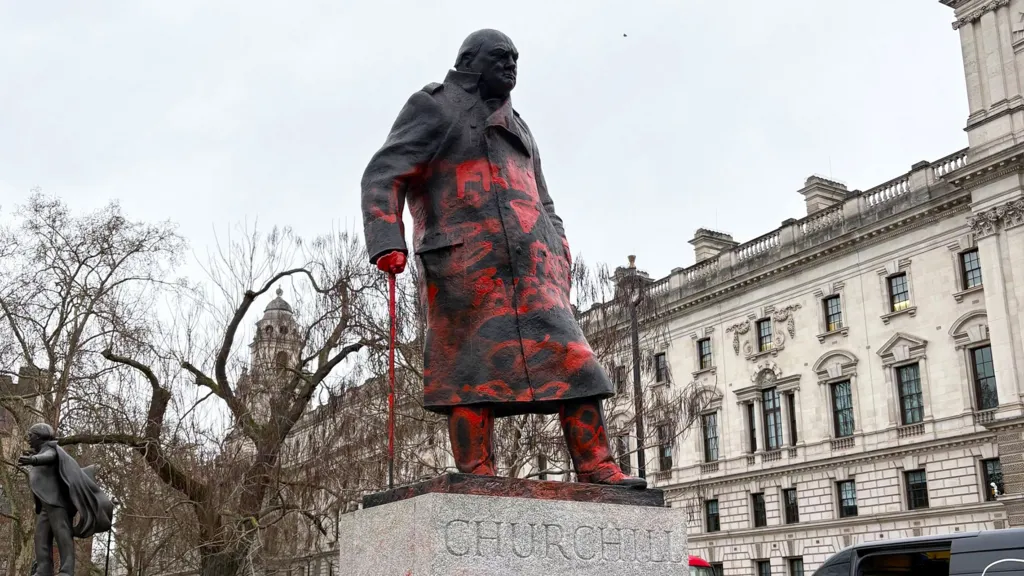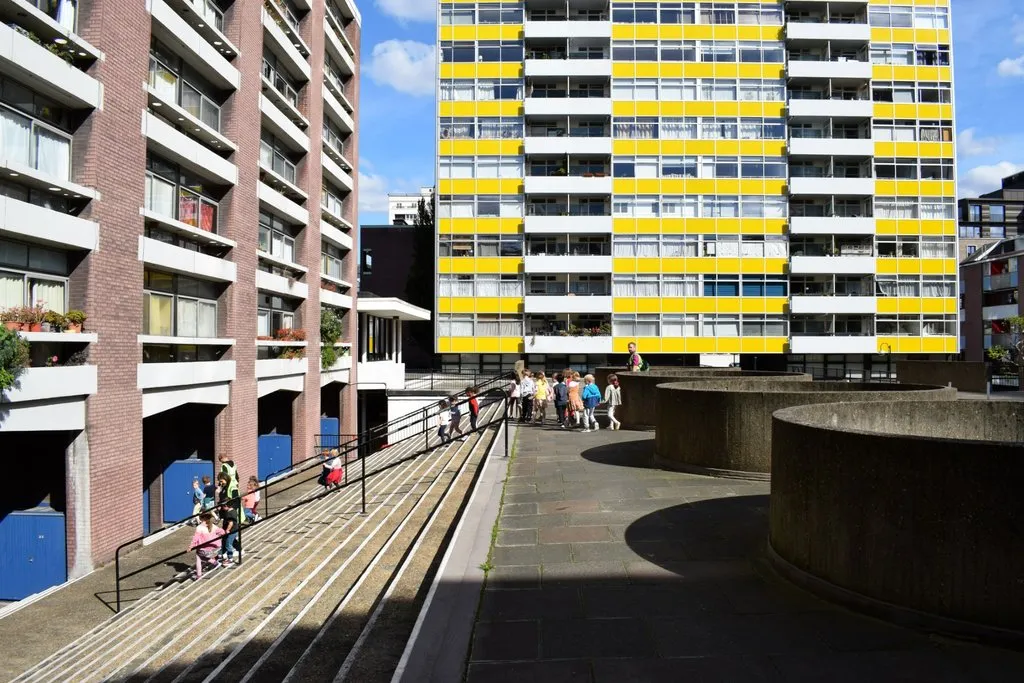
JK Rowling has disclosed that she has turned down two offers of a peerage in the House of Lords, clarifying that she would reject the honour if approached for a third time. The bestselling author, known for the Harry Potter series, shared her decision in a candid post on X (formerly known as Twitter) after Kemi Badenoch, a Conservative leadership contender, publicly praised her stance on gender issues.
Badenoch, the MP for North West Essex and a key voice on gender identity, said in a recent interview with TalkTV that Rowling’s views on protecting women’s rights resonated with her. Badenoch stated that if she were elected Conservative leader, she would offer Rowling a peerage in recognition of the author’s advocacy. She said, “I don’t know whether she would take it, but I certainly would give her a peerage.”
Rowling, however, responded firmly, revealing that she had already declined two such honours in the past. “I’ve already turned down a peerage twice, once under Labour and once under the Tories,” she wrote, adding, “If offered one a third time, I still wouldn’t take it.” The author acknowledged that discussing such offers is typically seen as poor form but made an exception in this instance, likely due to Badenoch’s comments. “It’s not her, it’s me,” Rowling remarked, emphasising that her decision had nothing to do with Badenoch personally.
Gender debate fuels peerage discussion
The context of Badenoch’s remarks revolves around a broader national debate on gender identity and the legal recognition of transgender rights. Rowling has become a prominent figure in this debate, having publicly voiced concerns about self-identification policies for transgender individuals, particularly where these might conflict with protections for biological women. Badenoch praised Rowling for her “bravery” in defending the rights of women, specifically regarding spaces and services reserved for those biologically female. She said, “We need to ensure that protections for women are based on biological sex, not self-identified gender. JK Rowling has been courageous in standing firm on this.”
However, Rowling’s stance has been polarising, with supporters hailing her as a defender of women’s rights, while critics accuse her of being transphobic. The controversy has led to intense media scrutiny, though Rowling has continued to articulate her position, even while distancing herself from political honours such as a peerage.
What would a peerage have meant for Rowling?
Peerages are life appointments to the House of Lords, the UK’s upper chamber of Parliament, and are typically bestowed by the monarch following a recommendation from the prime minister. Individuals appointed to the Lords, known as peers, play a role in scrutinising legislation, contributing to debates, and participating in committees that oversee the workings of government. If JK Rowling had accepted, she would likely have been granted the title of Baroness Rowling, allowing her to influence parliamentary proceedings.
The idea of Rowling joining the Lords might have come during key political moments in her career. One offer is believed to have been made during the New Labour years when Rowling was a vocal supporter of social welfare policies and had strong public ties to then-Prime Minister Tony Blair. The other offer may have arrived during the 2010s, around the time Rowling published her crime novels under the pseudonym Robert Galbraith. By that time, her fame had already extended far beyond children’s literature, cementing her status as one of Britain’s most influential public figures.
Rowling’s relationship with the political elite
While Rowling’s literary accomplishments are undisputed, her political affiliations have evolved over time. She was awarded an OBE (Order of the British Empire) in 2001 and later received the Companion of Honour in 2017, an exclusive award given to only 65 people at any one time. However, despite these accolades, Rowling has maintained a distance from any direct involvement in politics or the legislative process. Her reluctance to accept a peerage suggests a desire to remain independent, focused on her writing and philanthropy rather than the formalities of Westminster.
Commenting on her decision, Rowling said, “I prefer to keep my work and advocacy outside of the formal political arena. I don’t feel a peerage would align with that.” Many have interpreted her stance as a reflection of her desire to speak freely on issues such as women’s rights and free speech, without the constraints that might come with a political title.
Rowling’s work has had a substantial cultural and social impact, not only through her writing but also via her charity work. The author has used her platform to advocate for causes including poverty relief and child welfare, establishing the Lumos Foundation to help institutionalised children around the world.
For now, it appears JK Rowling will continue her efforts outside the walls of the House of Lords, choosing to decline a title that would give her formal influence over UK legislation. As for Kemi Badenoch, the MP remains one of the most vocal supporters of Rowling’s gender views within British politics, signalling an ongoing relationship between gender identity and political discourse.
For more updates on JK Rowling’s latest revelations and other insights into British politics, visit EyeOnLondon.









